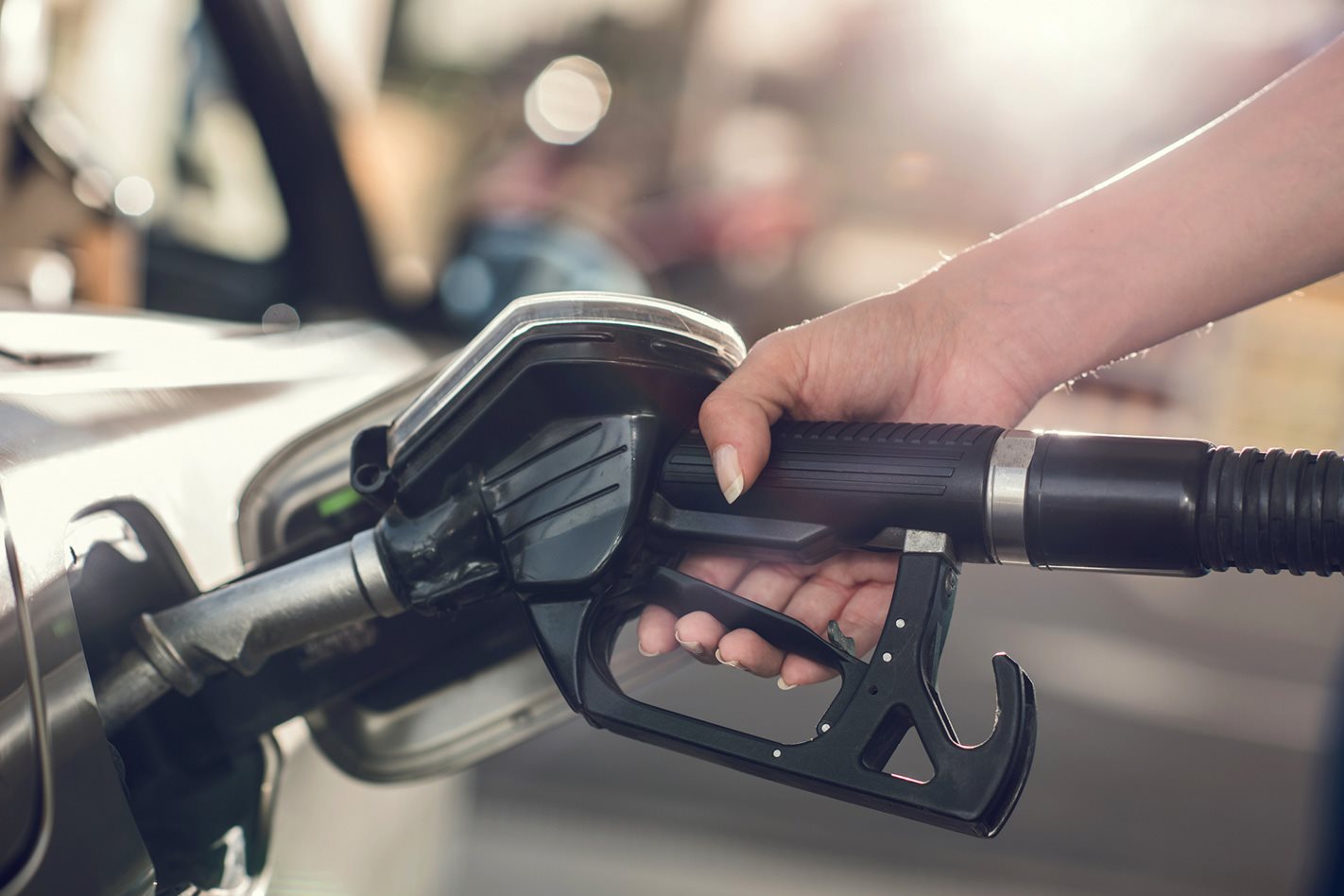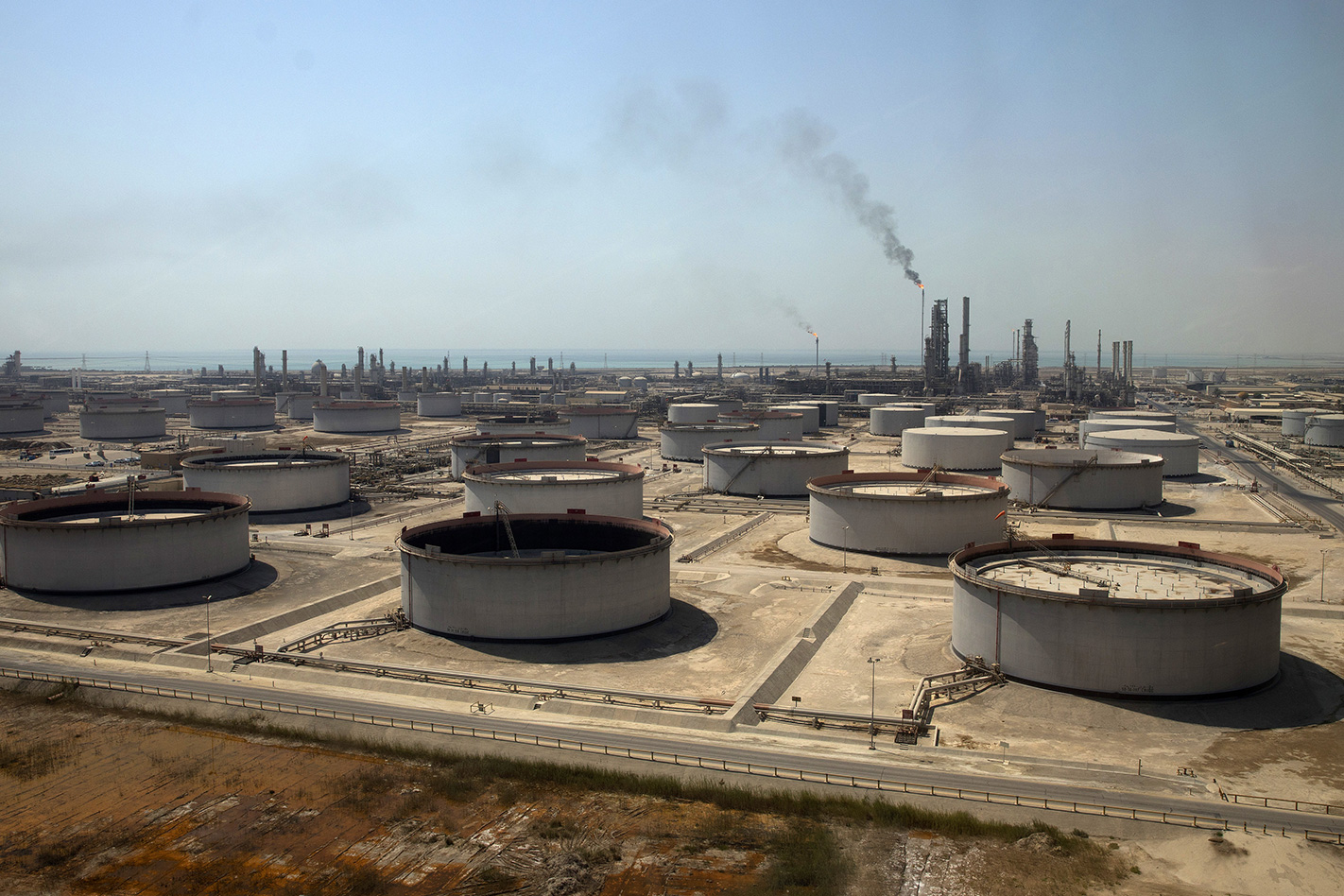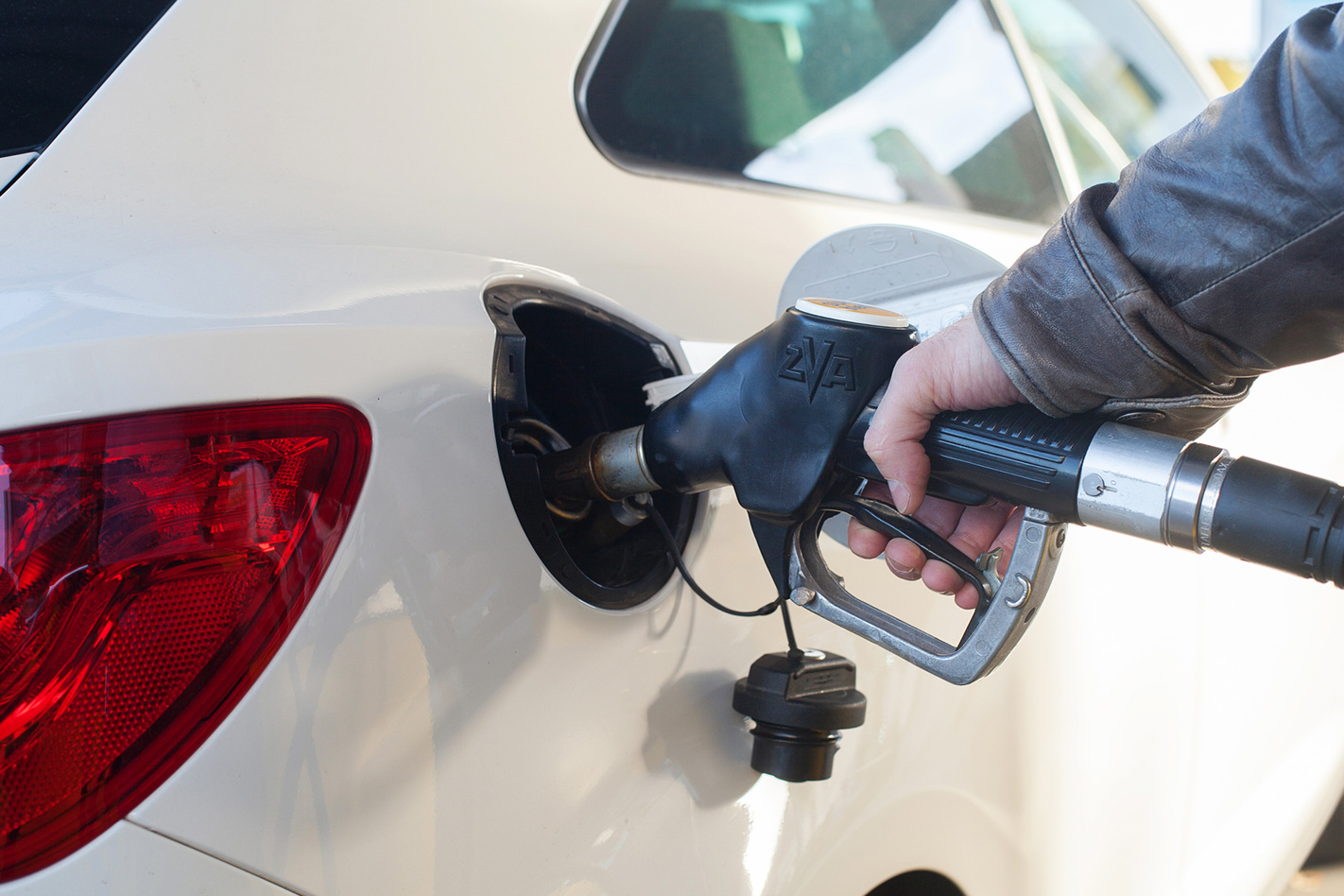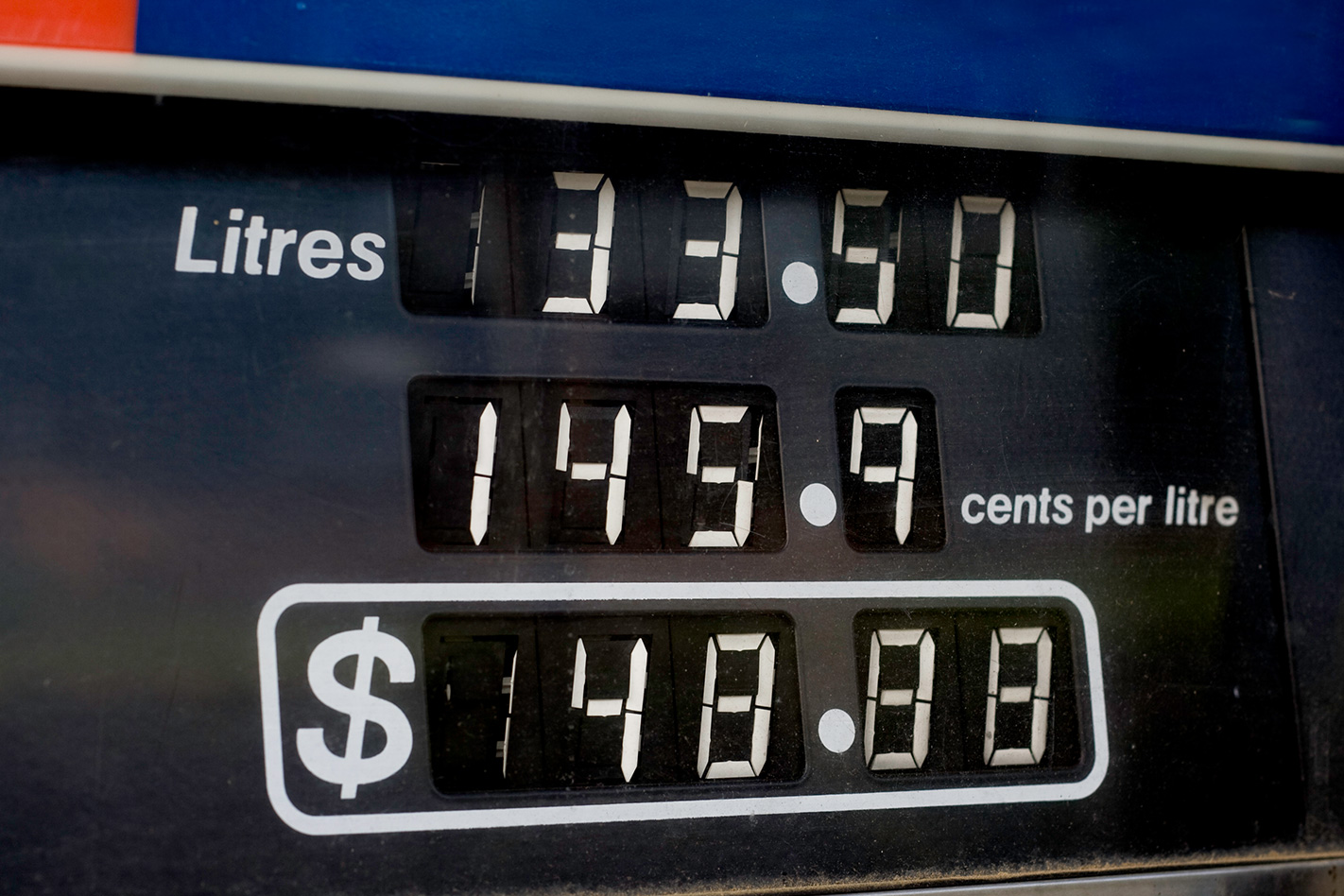
World oil prices have spiked this week following drone attacks on Saudi Arabia’s oil production facilities, which could mean the price of fuel is about to follow the same path.
It potentially marks the top of a slippery slope should the situation in the Middle East deteriorate further.

Roughly 5.7 million barrels of oil a day, or six percent of global oil production, has been affected, according to AMP chief economist Shane Oliver.
So far, prices haven’t appreciably changed for Australian motorists, but a number of caveats linger over whether we’ll see prices rise to new highs over the coming weeks.
It usually takes a few weeks for Australians to bear the brunt of an oil barrel price rise at the bowser, and while there’s no cause for concern just yet, economists like Oliver are closely watching what eventuates between Saudi Arabia, the United States and Iran.

Key uncertainties concern how long it will take Saudi production to return to normal, the extent that oil stockpiles can cover outages, whether similar attacks continue and the relationship between President Trump (who has said the US is “locked and loaded”) and Iran, according to a report by Dr Oliver.
But for Australians, “the real issue would come if world oil prices double as in past major Middle East crises.”
The average cost of a barrel of crude oil has jumped about US$10 a barrel in the last week, and currently stands at around US$60 a barrel. Industry estimates suggest that a 10 per cent reduction in supply equates to a 250 per cent increase in the cost.

Based on the average weekly price of petrol across five Australian capitals, petrol currently sits at around $1.44 a litre. If prices were pushed to $1.95 a litre, “it would push the typical Australian family’s weekly petrol bill up to around $68, compared to $49 last month,” said Oliver.
Rising petrol prices spark calls for reduced retail margins and tax reductions
Not helping the cause is Australia’s low fuel reserve level which is well under the recommended threshold of 90 days. Meant to safeguard us against industrial sabotage, war and situations like those in the Middle East, the government has asked the US – which produces 10 million barrels a day – for extra rations to boost our 28 days’ worth, but even that isn’t a sure bet.
Petrol prices remain lower than this time last year, but add in Australia’s less-than-desirable fuel reserve situation and the chance of Middle East tensions escalating, we could be in for a rough ride at the fuel pump.




